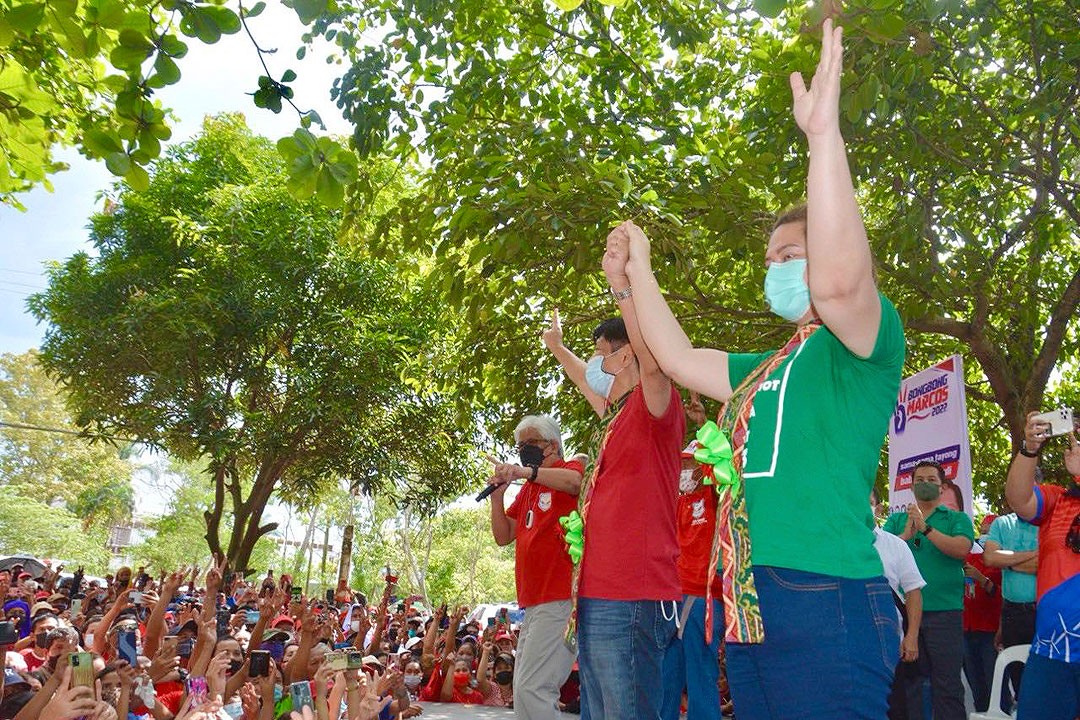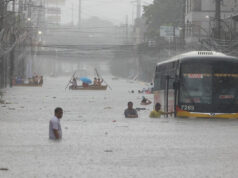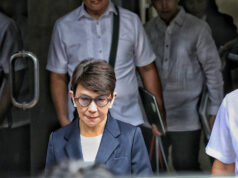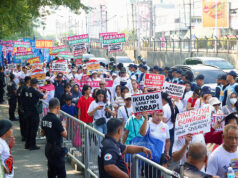Marcos takes drug test after Duterte claim on a cocaine-user presidential candidate

THE SON and namesake of the late Philippine dictator Ferdinand E. Marcos said on Tuesday that he took a cocaine test and submitted the negative result to law enforcement authorities.
Ferdinand “Bongbong” R. Marcos, Jr., who took the test in an unidentified hospital, said his representatives submitted the result to the national police chief, the country’s investigation bureau, and drug enforcement agency.
Mr. Marcos made the move days after President Rodrigo R. Duterte accused an unnamed presidential candidate of using cocaine, using male pronouns in several instances.
“I really don’t feel that I am the one being alluded to,” Mr. Marcos said in a statement. “In spite of that, I believe it is my inherent duty as an aspiring public official to assure my fellow Filipinos that I am against illegal drugs.”
After last use, cocaine or its metabolites can show up on a blood or saliva test for up to two days, a urine test for up to three days, and a hair test for months to years, according to American Addiction Centers.
Pressed by reporters on whether the administration will challenge all presidential and vice presidential candidates, including the President’s anointed one, to undergo drug testing, Mr. Duterte’s acting spokesman said: “It’s purely voluntary.”
On Monday, Mr. Duterte maintained that there’s a candidate who was using cocaine. “You can ask the rich people,” he said at a public event participated by local officials.
“Why did I not arrest that person? You don’t know the rich, they go on a yacht or in the air, that’s where they snort,” he said.
DRUG WAR
Critics have slammed the tough-talking leader, who launched a controversial drug war as one of the priority programs of his administration, for not immediately acting on the report, saying he could have ordered the arrest of the official.
The treatment shows that there is a “double-standard” in his war on drugs, former lawmaker Lorenzo “Erin” R. Tañada III said last week, noting that the poor become victims while the rich get only killed by words.
Senator Leila M. De Lima, one of Mr. Tañada’s allies, is still on trial for allegedly allowing the illegal drug trade to flourish in the country’s jails when she was Justice secretary.
Witnesses against Ms. De Lima, who was arrested while heading an investigation by a Senate panel into alleged atrocities committed during Mr. Duterte’s drug war, were drug convicts serving time at the national penitentiary.
The Philippine state has taken an increasingly large role in targeting civilians, “no longer trying to create distance by ‘outsourcing’ the majority of violence to vigilantes,” US-based Armed Conflict Location and Event Data Project (ACLED) said in a report published on Nov. 18.
After analyzing data and information from at least 40 sources, the group said in the report that it found that the Philippine government had been “undercounting” civilian deaths in the drug war.
At least 1,100 fatalities in the bloody campaign have not been counted by the government. “We now estimate at least 7,742 civilians have been killed in the drug war since 2016.”
The International Criminal Court (ICC) has ordered an investigation of Mr. Duterte’s crackdown on illegal drugs that has killed thousands, saying crimes against humanity might have been committed.
Last week, however, the lead ICC prosecutor ordered a suspension of the probe after the Philippine government filed a deferral request, citing that the Philippine Justice department made “thorough investigations” into 52 drug-related killings that occurred between 2016 and 2020.
Critics have said that Mr. Duterte’s run for a Senate seat is yet another attempt to evade accountability from the United Nations-backed tribunal. — Kyle Aristophere T. Atienza



